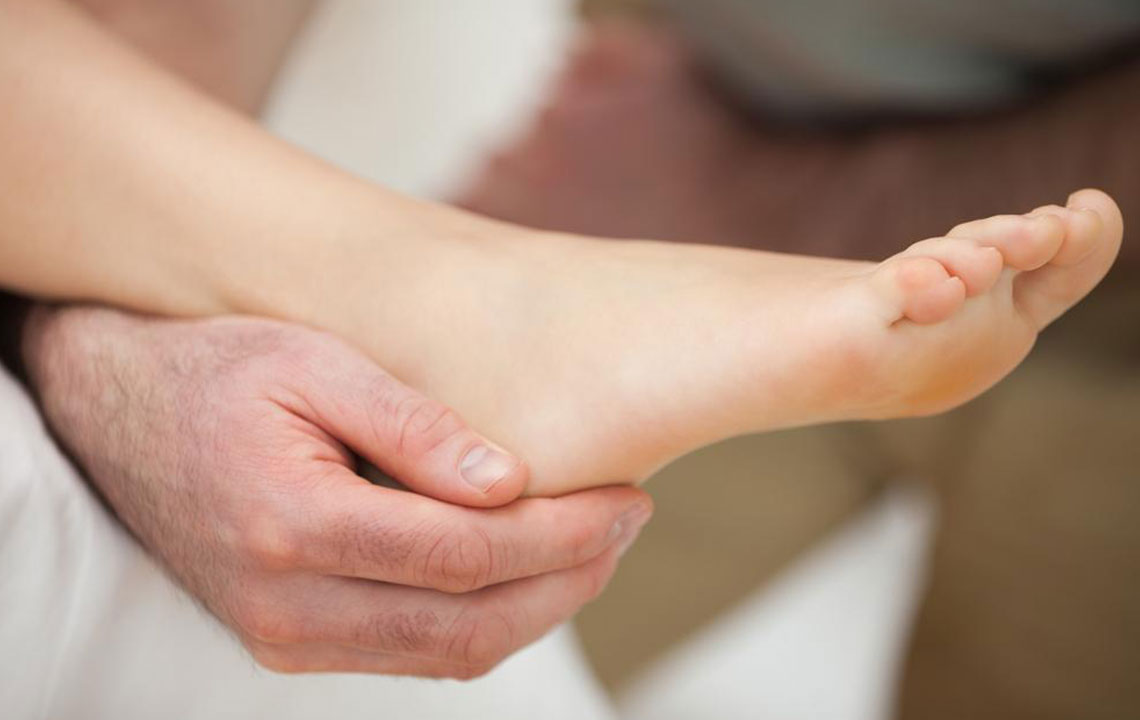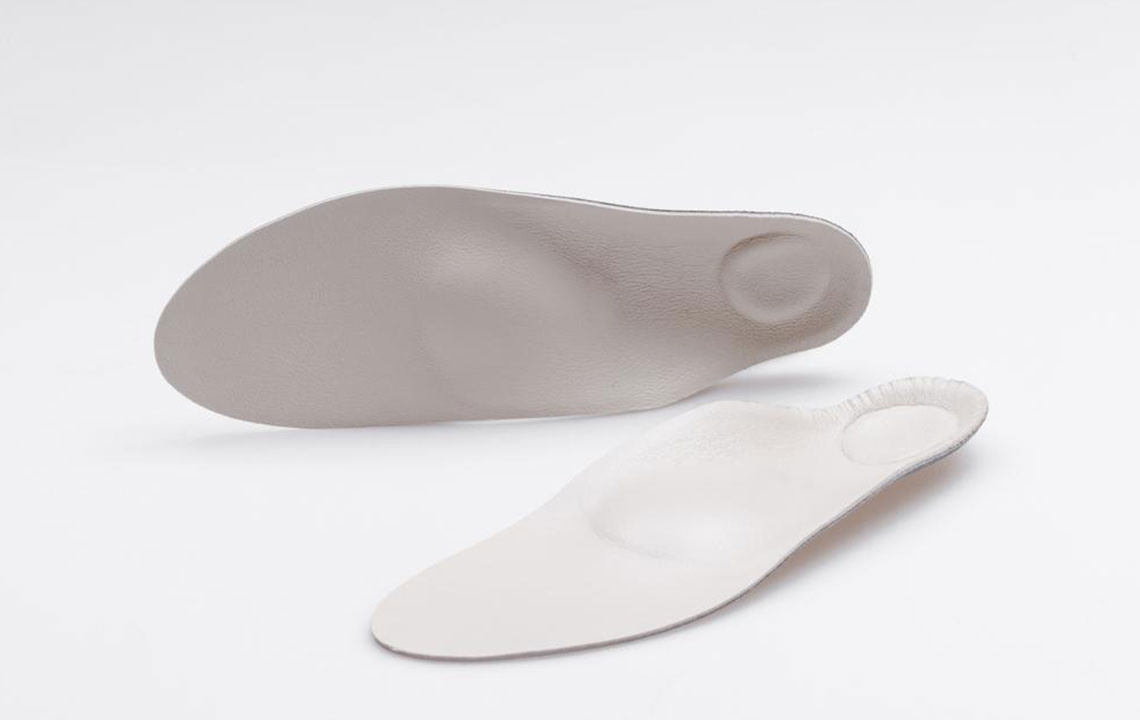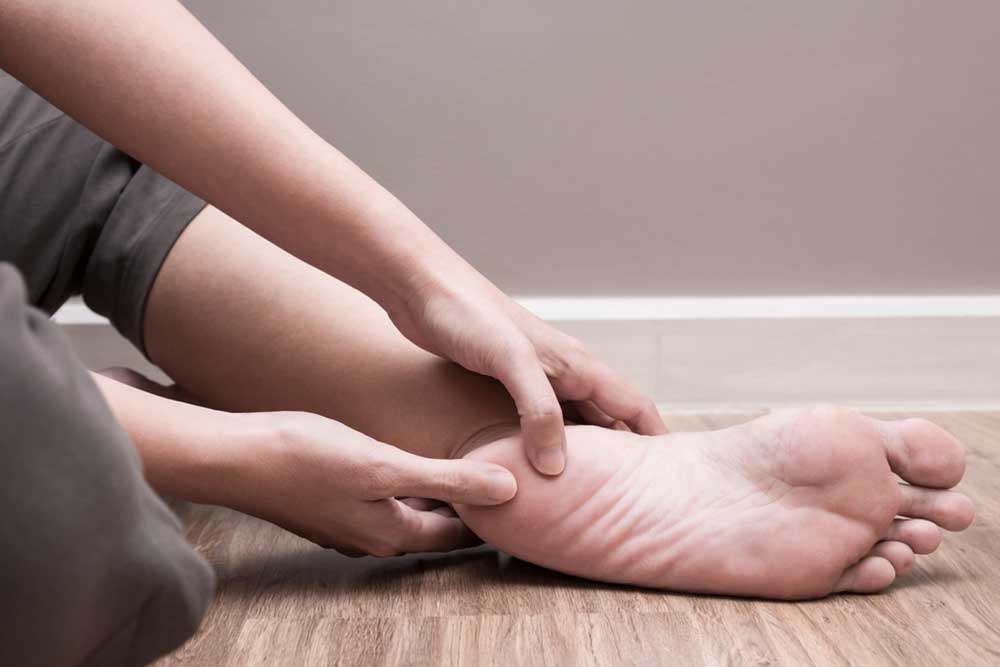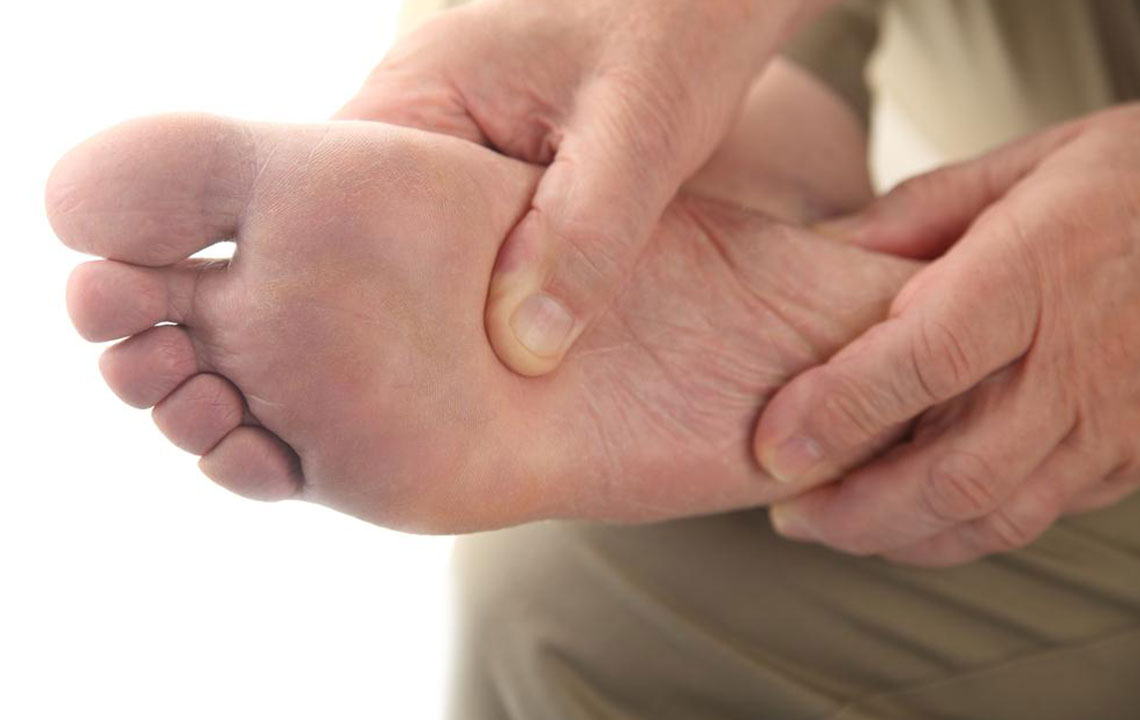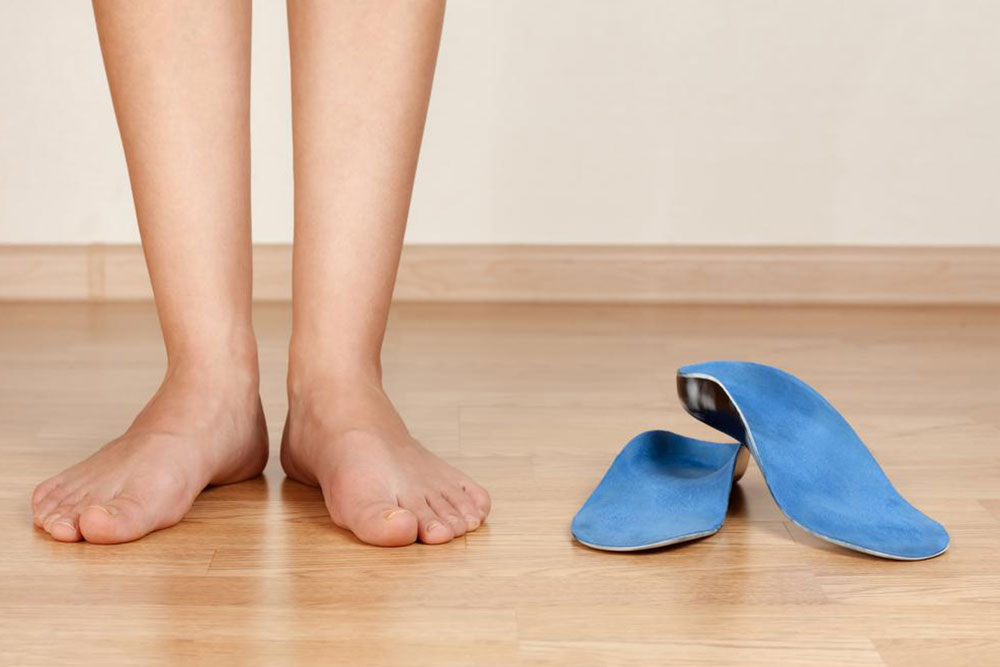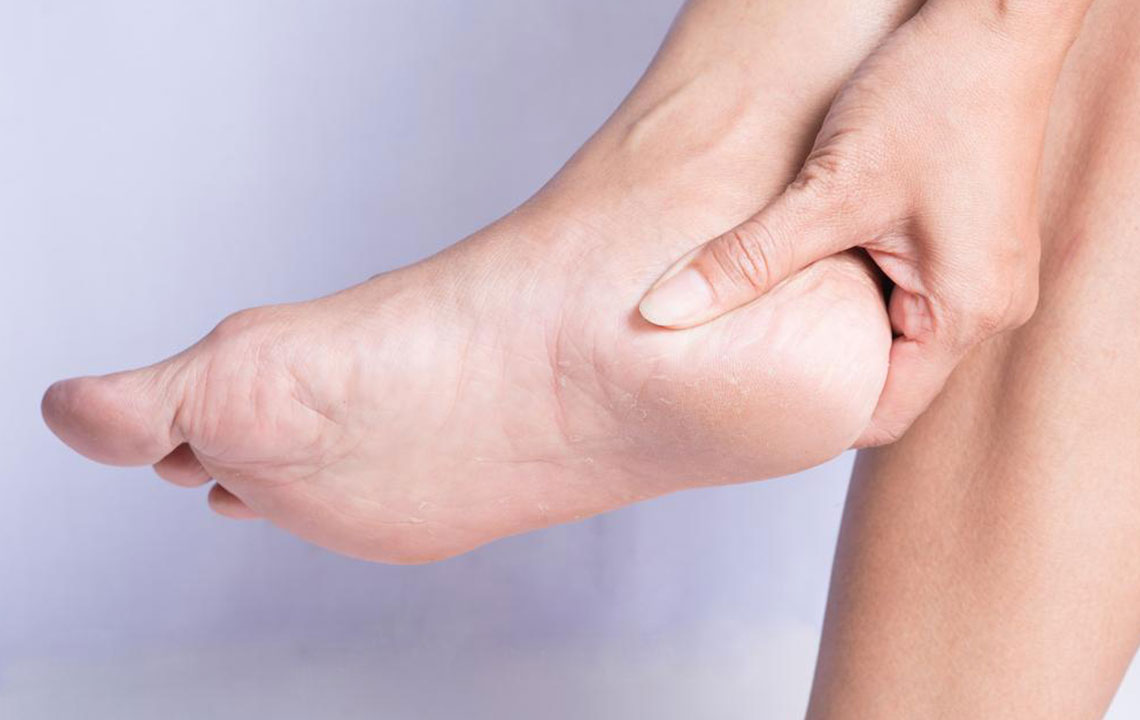Common Causes of Foot Discomfort in Children
Explore common causes of foot discomfort in children, including Sever's disease, Achilles tendonitis, and fractures. The article highlights symptoms, risks, and recommended treatments to ensure timely care and prevent chronic issues. Recognizing early signs can facilitate effective management and promote healthy development in active kids.
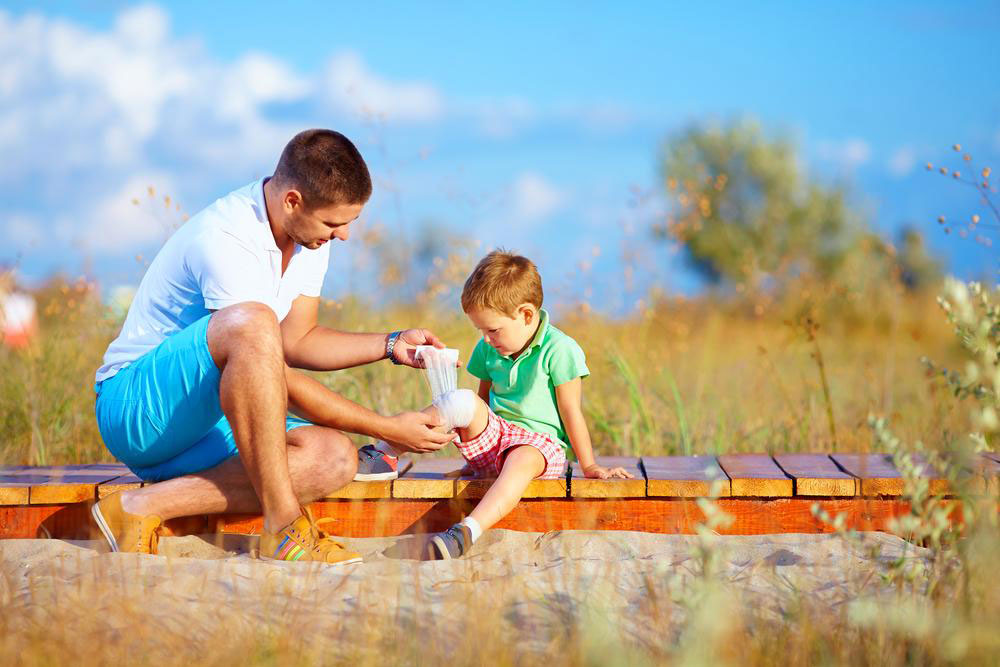
Common Causes of Foot Discomfort in Children
Children often experience heel discomfort, which is a type of foot pain. While usually not serious, proper diagnosis and timely treatment are essential. If your child describes heel tenderness or exhibits limping, they could be suffering from a foot injury.
Foot injuries in kids often develop gradually due to overuse, especially in young athletes engaged in rigorous sports. Ignoring these symptoms may lead to more severe injuries or persistent pain.
Below are some common reasons behind foot discomfort in children:
Calcaneal Apophysitis
Also known as Sever's disease, this condition is prevalent among active children aged 5 to 11. It results from repetitive stress caused by running and jumping, leading to inflammation where the Achilles tendon pulls on the growing heel bone. Sports like basketball, soccer, and track running often contribute to this injury.
Achilles Tendonitis
This condition arises when children suddenly increase their physical activity, causing pain at the back of the heel or foot. Symptoms include swelling, warmth, and difficulty walking. Running, jumping, or pivoting sports players such as dancers or basketball athletes are susceptible. Treatment generally involves rest, ice, compression, and elevation, along with supportive wraps.
Fractures
Kids participating in high-impact sports risk fractures in the heel or foot. Symptoms include severe pain, swelling, bruising, and inability to bear weight. Managing fractures typically involves ice, rest, immobilization with splints or casts, and pain relief. It is crucial to avoid sports until the injury heals fully.
If heel pain persists, consult a healthcare professional before taking further steps. Most cases respond well to conservative treatments like rest and ice.

